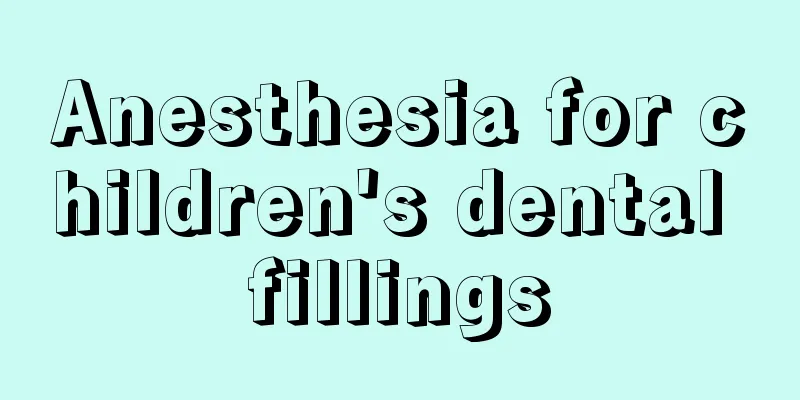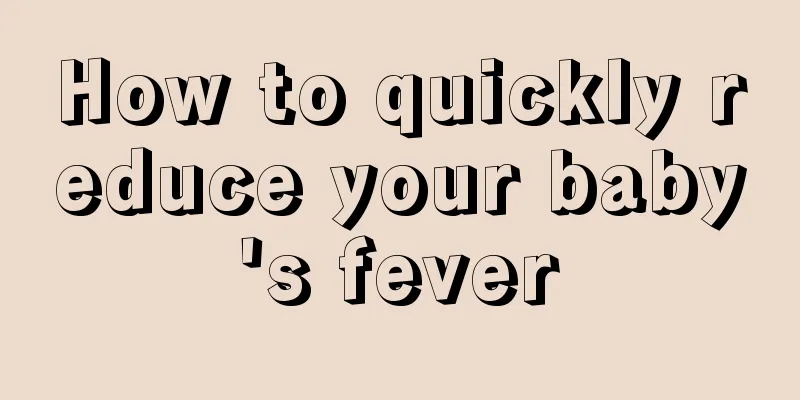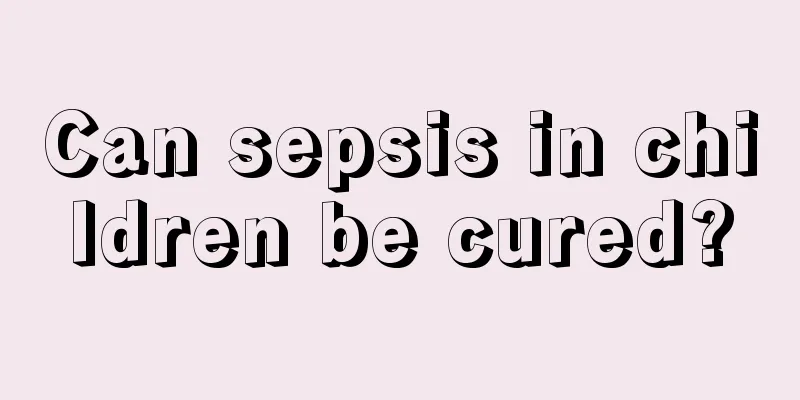Anesthesia for children's dental fillings

|
Dental caries is a common dental disease among children nowadays. This is because children like to eat snacks, especially high-sugar foods, and often do not brush their teeth, which makes their teeth prone to disease. When dental caries develops to a certain extent, surgery is the only option. However, the children are still young and the surgery requires anesthesia. Many parents worry that it will affect their children's intelligence. This article discusses this issue, and the editor will explain it in detail below. Anesthesia for children's dental fillings Many parents worry that general anesthesia is unsafe, but this is not the case. At present, anesthesia technology is very mature and safety issues can be protected to the greatest extent. However, before the operation, the anesthesiologist and parents should discuss the anesthesia risks, possible accidents, and precautions before and after the operation. Some people say that general anesthesia will affect children's intelligence, but this is actually unfounded. Current research suggests that dental treatment under general anesthesia does not have adverse effects on children's intelligence. The teeth that can be preserved under general anesthesia are actually similar to those under local anesthesia. The method of general anesthesia for treating teeth is the same as that for outpatient treatment. For teeth with severe damage to tooth tissue and root apex, general anesthesia will not improve the efficacy and will not preserve them. Some children will become restless when recovering from anesthesia, and experience wound pain, minor bleeding, sore throat, and bite discomfort after surgery. These are normal phenomena and will gradually disappear with proper care and adaptation. This is a common phenomenon after surgery, even under local anesthesia Please note: children with a large number of teeth to be extracted should eat liquid or semi-liquid diet for three days and soft food for one week. Children with a small number of teeth to be extracted or no teeth to be extracted should eat liquid diet on the day of surgery and only eat soft food for one week after surgery. In addition, routine check-ups are conducted weekly, and regularly after one month, three months, six months, one year, and every six months thereafter. Do it once. |
<<: Pros and cons of general anesthesia for children
>>: How to quickly relieve toothache in babies?
Recommend
3 month old baby not sleeping at night
When the baby is three months old, his body is in...
How to treat gastroenteritis in children?
For children, because their digestive systems are...
Can children eat raspberries?
Raspberry is a relatively special food. The nutri...
There are these dangers for children who often eat cold drinks
As the weather gradually gets warmer, a lot of co...
What are the symptoms of cough after a child catches a cold?
Colds and coughs are common diseases in children,...
Massage method for swollen eyes of two-year-old baby
In fact, in daily life, the body resistance of a ...
What should babies eat to reduce internal heat?
Babies are in a period of rapid growth and develo...
How to eliminate abdominal distension in children
Abdominal distension and pain in children can mak...
Symptoms and treatment methods of baby liver ascites
Ascites is a common liver disease that can occur ...
How to treat a child's cough?
Children in every family are the apple of every f...
Newborn choked on saliva and coughed
Most newborns drink their mother's milk or br...
What to eat for babies with severe anemia
Anemia is a very common disease. It usually occur...
When is the best time to correct a child's crooked teeth?
Nowadays, most of the children born in the 2000s ...
What causes children to keep coughing?
Children often cough, and many parents think it i...
Should I take care of my newborn baby's hiccups while sleeping?
It is very common for newborns to hiccup while sl...









